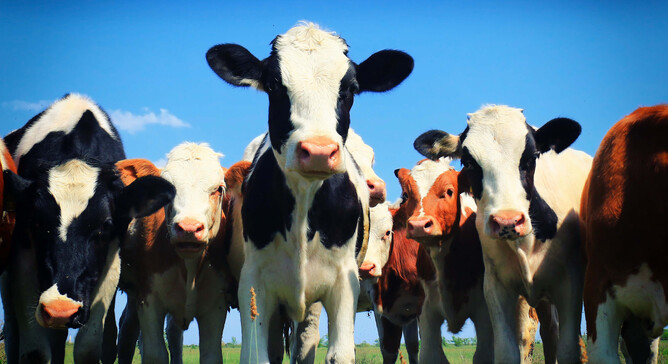The month of festivities and bargains is here! As everyone starts planning ahead for various holidays or trips with their families, some of our youngstock are just about to head out for their respective trips away from the main farm and onto big, lush pastures.
As we send them off on their little adventure, we picture them coming back all grown and fat (and secretly wish for a holiday just like that ourselves).
However, just like us, they can fall ill while away and due diligence to prepare them for their trips is essential to ensure they come back well and happy. In that regard, here are the top few things to consider before sending them off on their way:
Parasitism
Youngstock are the most susceptible of our various stock classes when it and general health, resulting in poor performances or even death. Great care must be taken when making a drenching plan to ensure that the drench used will be effective for the prevalent parasites during that period. Historical evidence, faecal egg counts and drench resistance can provide valuable information when formulating our plan and can be discussed with your veterinarian.
Trace element deficiencies
Youngstock are in a period of rapid growth during this stage and are in need of high quality feed. As important as quantity and quality of feed is, essential trace elements play an important role in ensuring our youngstock meets their expected mature liveweights efficiently and healthily.
Copper and selenium are our biggest concerns, with multiple smaller trace elements working together in a supporting role. Take into consideration known regional or soil deficiencies and historical animal health incidents to formulate better trace element supplementation plans.
Discussions with your KeyVet can help with making your plans and choosing the right product to meet the requirements of your youngstock.
Gastrointestinal diseases
Nothing ruins a holiday like explosive diarrhoea. Just like anyone, our youngstock are not big fans of scours and certain diseases can cause extensive intestinal damage resulting in severe scours, ill-thrift and death.
In weaned calves, this is commonly caused by coccidia, yersinia or salmonella. Any suspected cases will require prompt veterinary intervention to prevent death or extensive weight loss within the herd. Faecal sampling and testing is the gold standard for an accurate diagnosis and prompt treatment following identified cases is the ideal scenario.

